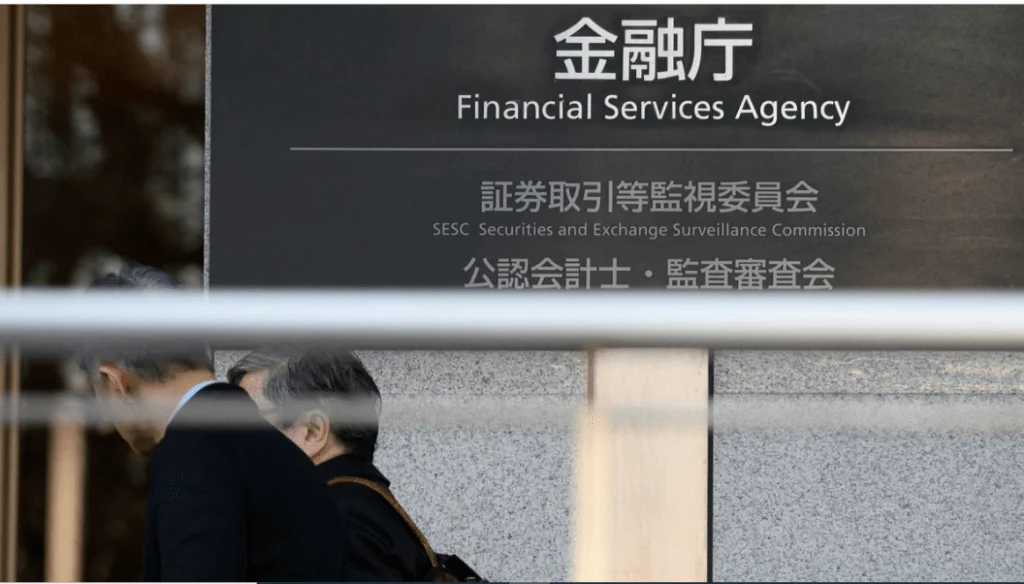According to Nikkei Asia, Japan is considering new regulations that will enable only banks and wire transfer firms to create stablecoins.

The Financial Services Agency (FSA), Japan’s primary financial regulator, is apparently considering legislation that would limit stablecoin supply to banks and wire transfer providers. Crypto service providers engaging in stablecoin transactions, such as wallets, will be subject to the financial regulator’s scrutiny.
Stablecoins
Stablecoins are a sort of digital money that is linked to an external asset, such as a fiat currency, gold, or other assets, in order to maintain price stability. Tether is an example of a stablecoin, and it has sparked debate in the past. The CFTC penalized it $41 million in October for past assertions that each token was backed 1-to-1 by its cash reserves — “Tether reserves were not ‘fully backed’ the majority of the time,” according to the CFTC.
The volatility of the bitcoin market is well-known. This implies that coin prices can quickly rise and fall, making it difficult for investors to decide whether or not to invest in a specific currency. Stablecoin, on the other hand, overcomes this problem. Stablecoins are digital currencies backed by fiat currency, other cryptocurrencies, or gold.
These coins’ values remain consistent due to their stable assets, which make them less sensitive to price changes. A computer program is also used by certain stablecoins to maintain their value somewhat stable.
The FSA’s take on Stablecoins
The Financial Services Agency of the government expects to submit the law in 2022, following similar intentions in the United States to regulate stablecoins. The US Treasury Department urged Congress in November to approve laws prohibiting any entity other than banks from printing money.
The Financial Services Agency seeks to propose legislation in 2022 to restrict issuance of stablecoins to banks and wire transfer companies.
The Treasury claims that this will help prevent “runs,” in which consumers rush to cash out their coins in fear that the currency’s issuer will go bankrupt, thereby upsetting other financial markets. The Federal Reserve, the Federal Deposit Insurance Corporation, and the Office of the Comptroller of the Currency all declared that in 2022, they will clarify the laws and regulations governing cryptocurrencies.
In addition to the restrictions on stablecoin issuance, Japan’s Financial Services Agency (FSA) plans to tighten additional regulations. The agency will monitor stablecoin wallet providers and compel them to follow particular security procedures, including reporting any suspicious behaviour and validating users’ identities.
In 2022, Japan wants to introduce a yen-based cryptocurrency. The currency, which might be dubbed DCJPY, will be backed by bank transactions and designed to speed up huge money transfers between businesses.
